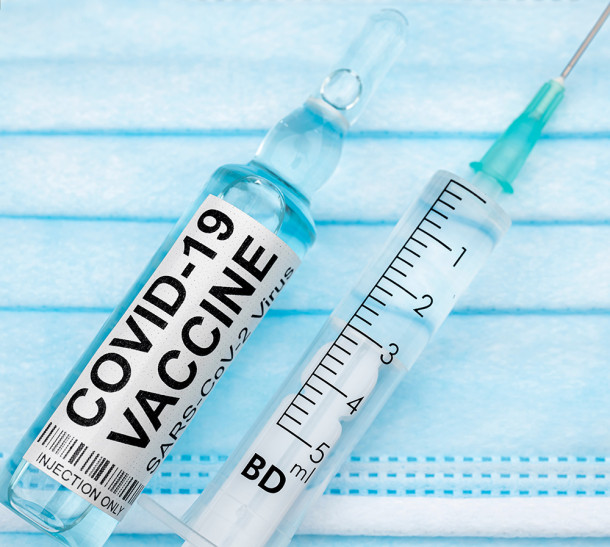Article
The right to science is key for stronger scientific cooperation to address COVID-19 and future pandemics
In its Brief on the Right to Science and COVID-19, UNESCO draws attention to the importance of the human right to share in scientific advancement and its benefits (alias ‘the right to science’), enunciated in Article 27(1) of the Universal Declaration of Human Rights, in the context of the COVID-19 pandemic.

The right to do science and access its findings must be defended as part of the fight for human rights and equality, including gender and racial equality. Going forward, more, and not less, science will be needed and policy decisions will require a strong scientific basis in order to respond to multiple challenges. In many places, however, the advancement of science is only linked weakly, if at all, to questions of equality, inclusiveness, academic freedom, and other human rights.
If science is acknowledged as a common good appropriately geared to the benefit of all individuals, then international scientific cooperation becomes mandatory. The COVID-19 pandemic has clearly demonstrated the importance of such cooperation in coping with transnational threats.
The right to science has huge potential because of its coverage of the entire scientific cycle, not only to strengthen the fight against COVID-19, but also to improve international scientific collaboration towards a broader sharing of knowledge, practices and applications, a stronger research policy nexus, and a more effective basic scientific emergency preparedness.
UNESCO aims to trigger action that will help prevent future emergencies in which scientific research, knowledge, data, policy, or evidence play an important role. A milestone contribution of UNESCO to the right to science debate is the adoption of the 2017 Recommendation on Science and Scientific Researchers. The Recommendation articulates how science and scientists need to be supported and protected through national science, technology, and innovation policies and infrastructure, and addresses how the knowledge generated by science in all fields should be applied. UNESCO promotes the uptake of the right to science through operational guidance, capacity development and advocacy.
Since the COVID-19 outbreak, global cooperation among scientists has been facilitated through an unprecedented amount of information and data. In early 2022, the number of publications on COVID-19 amounted to over 800,000 with several platforms promoting open access to scientific findings – for instance WHO’s database contained by that date some 380,000 publications.
Yet, numerous challenges exist that limit the effectiveness and the breadth of interventions. Scientific work is facing increasing limitations in many parts of the world with 332 attacks on higher education staff accounted in 2021. Gender inequality in access to science remains a stark reality. For example, only 35% of science, technology, engineering, and mathematics (STEM) students in higher education globally are women and few positions of leadership and management are held by women. Furthermore, the increasing radicalisation of political debates and the receding trust in scientific institutions in many countries have a negative impact on science and scientific research.
The realization of broader human rights obligations and responsibilities, in addition to those specifically linked to the right to science, would greatly improve not only the COVID-19 response but also global preparedness for future pandemics and transnational threats.
Contact
k.tararas@unesco.org
See also

